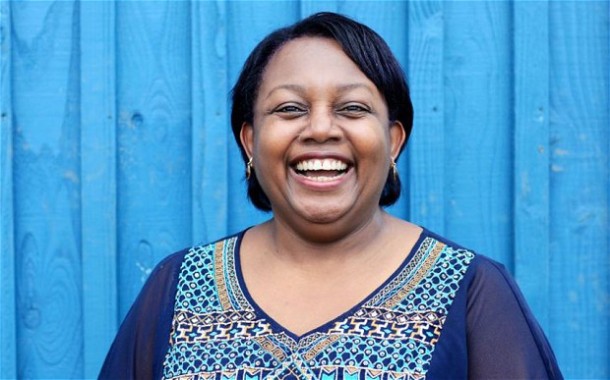I’m going to start this off by saying that my mother and I have some weird discussions. Sometimes we agree and other times we butt heads for hours on end for a subject that we aren’t particularly attached to. A few days ago, we had an argument about the media’s representation of sex to young adults and children. She looked at a child reading Suzanne Collins’ “The Hunger Games” and commented loudly that it was ridiculous how we could sell books about extreme violence to children but not about sex.
My side was mostly that I didn’t think sex needed to be in “The Hunger Games”. They were in a dystopian society where they concentrated on survival, especially in the murdering arena. Katniss was too preoccupied with not being killed. What would she do? Screw someone that was hoping to kill her in the middle of a forest where there are other people/things trying to kill her? I know danger can be sexy, but I feel like that’s not the choice Katniss would make. And if we’re considering how negative of an influence violence is, countering that with sex in the midst of violence isn’t going to make a healthy mentality either.
I do think that books should be more open to talk about sex. For example, books that are based entirely on sexual desire but lightly gloss over the act. I feel ridiculous for always targeting the series, but Stephanie Meyer’s “Twilight” series does this a lot. When reaching the final book – after waiting three other books for sex to be had – the acts are whitewashed. It’s mostly described as perfect, but otherwise it’s vague. I think books that involve sexual relationships that are more relevant to the plot should concentrate less on innuendo for their young readers.
But in defense of my original point, I don’t think every book needs it. I didn’t think “The Hunger Games” needed it. It’s just as stupid to shoehorn in a sexual scenario, as it is to deny sex in a sexual story. It’s the responsibility of the author to remain true to the nature of their story. If you write about poverty – show me. If you write about violence – show me. If you write about sex – damn it, you better show me.
 Supporting my mother’s point (and half of mine) is the Y.A fiction author Malorie Blackman, who believes honest sex scenes should be encouraged in Y.A literature. Blackman worries that porn is having too heavy of an influence on teen sex: “I was reading an article three weeks ago where this teenage girl was saying everything her boyfriend knew about sex he knew from porn. He was brutalising her…”. Her solution would be YA novels that provide “a safe setting” for sex to exist and be understood. Then teenagers can understand better that porn is a specific type of fantasy that tends to ignore the reality of a female’s sexual needs/desires, especially in the beginning of a sexual relationship.
Supporting my mother’s point (and half of mine) is the Y.A fiction author Malorie Blackman, who believes honest sex scenes should be encouraged in Y.A literature. Blackman worries that porn is having too heavy of an influence on teen sex: “I was reading an article three weeks ago where this teenage girl was saying everything her boyfriend knew about sex he knew from porn. He was brutalising her…”. Her solution would be YA novels that provide “a safe setting” for sex to exist and be understood. Then teenagers can understand better that porn is a specific type of fantasy that tends to ignore the reality of a female’s sexual needs/desires, especially in the beginning of a sexual relationship.
Do you agree? Can you think of any Y.A books that could have improved with sex? Which books would’ve been ruined?
